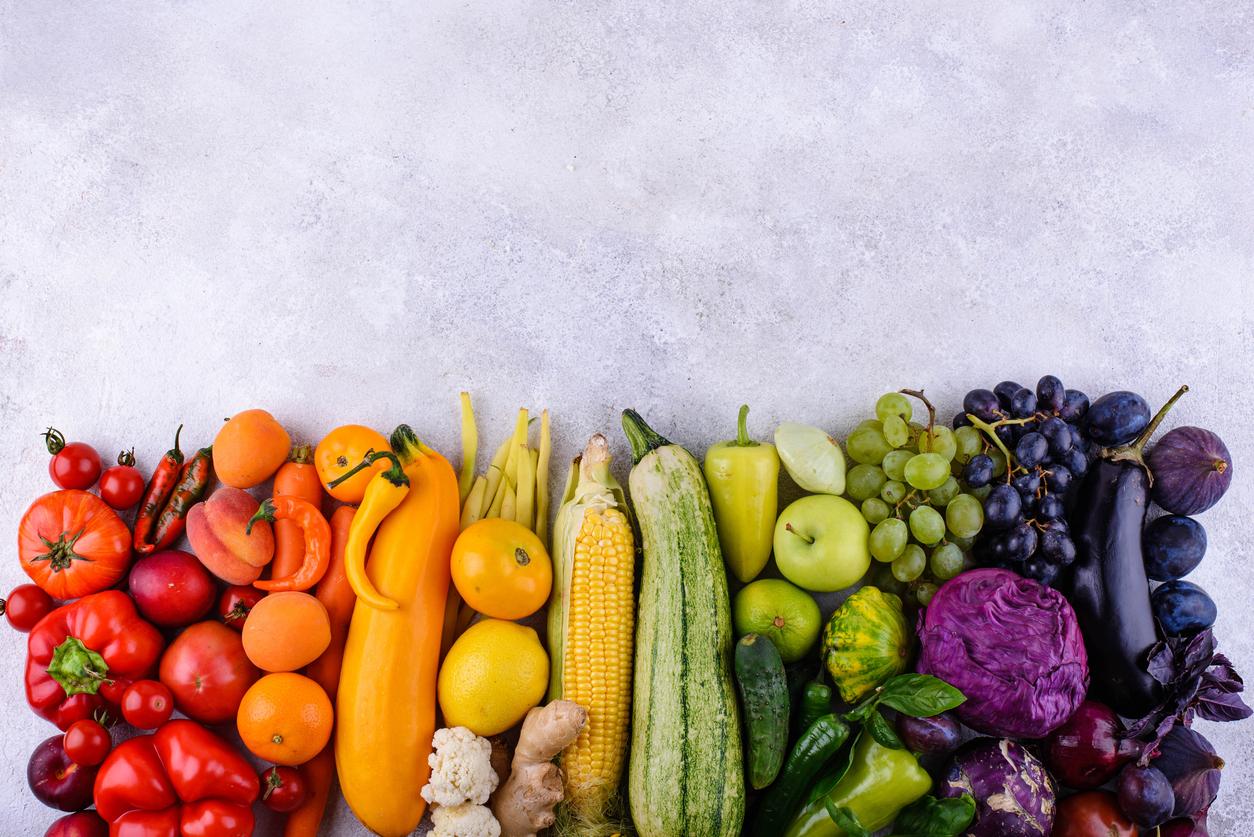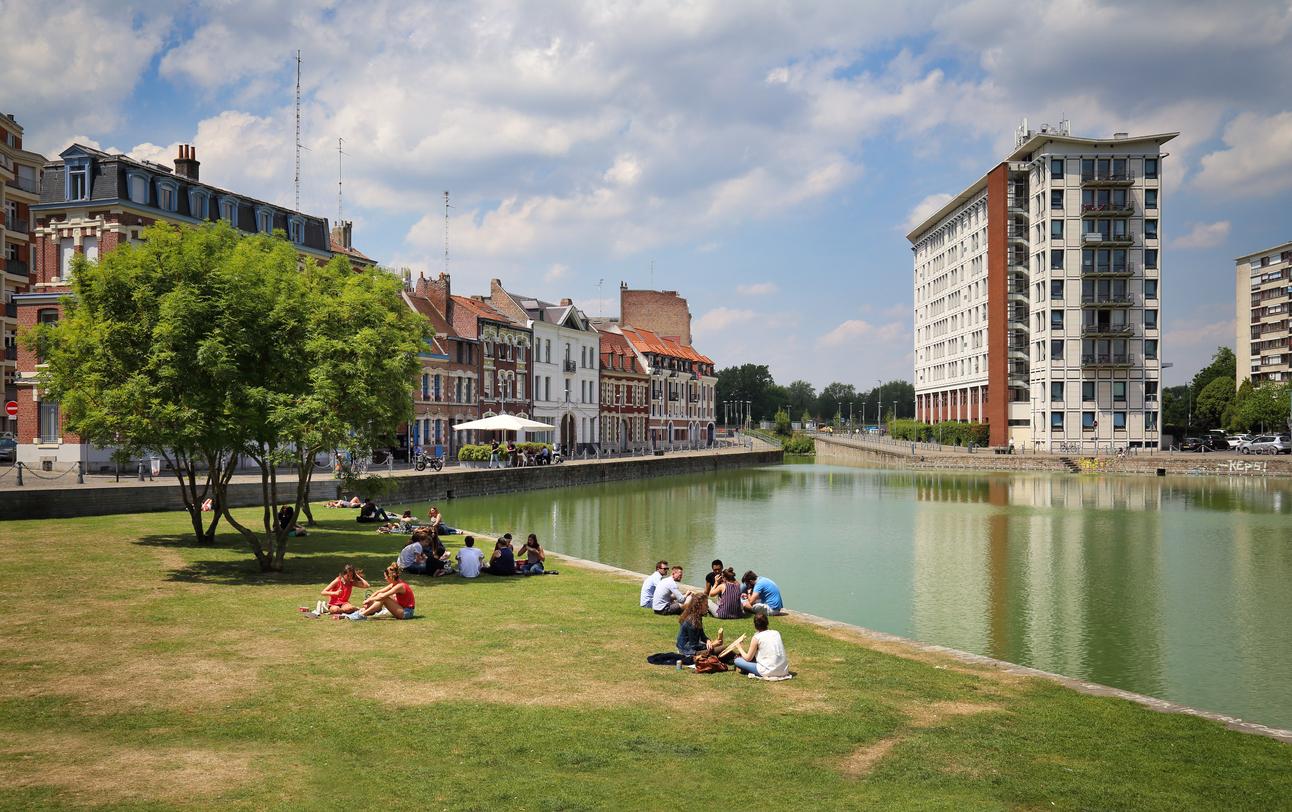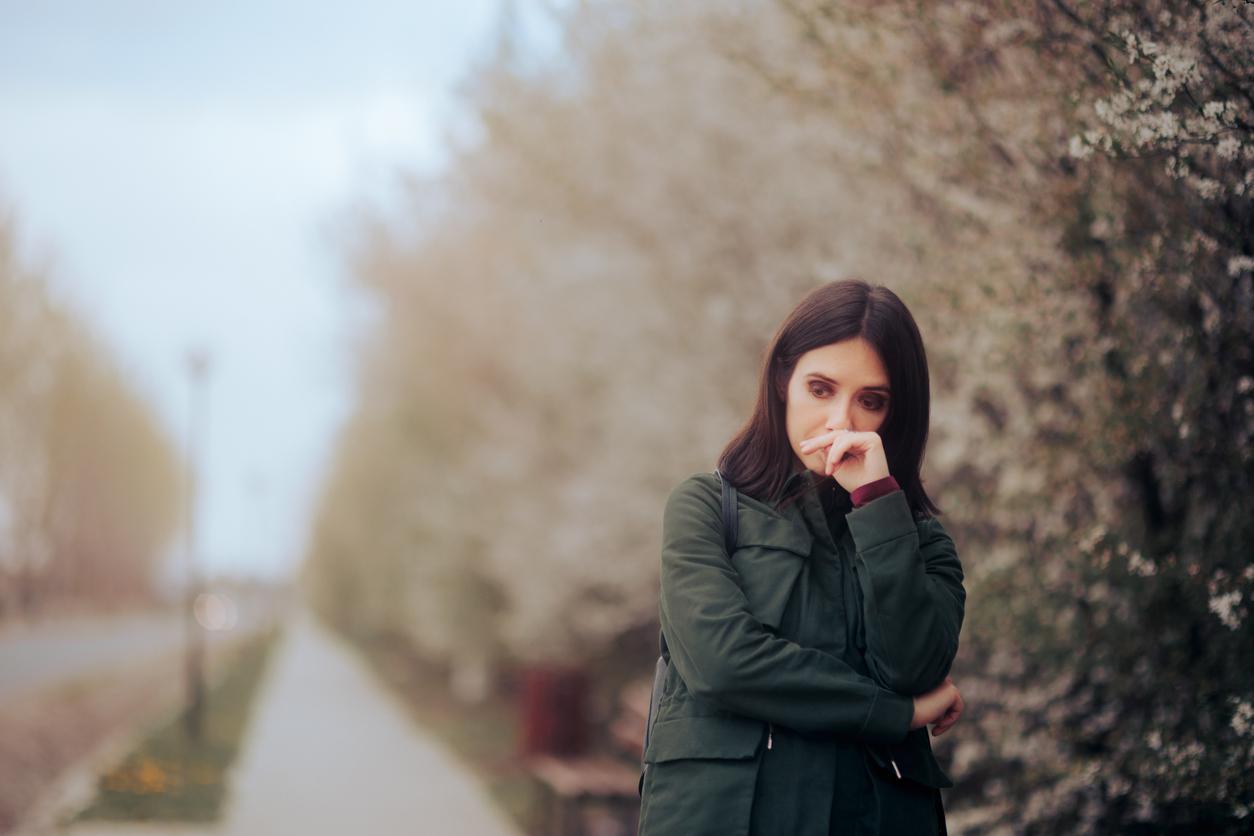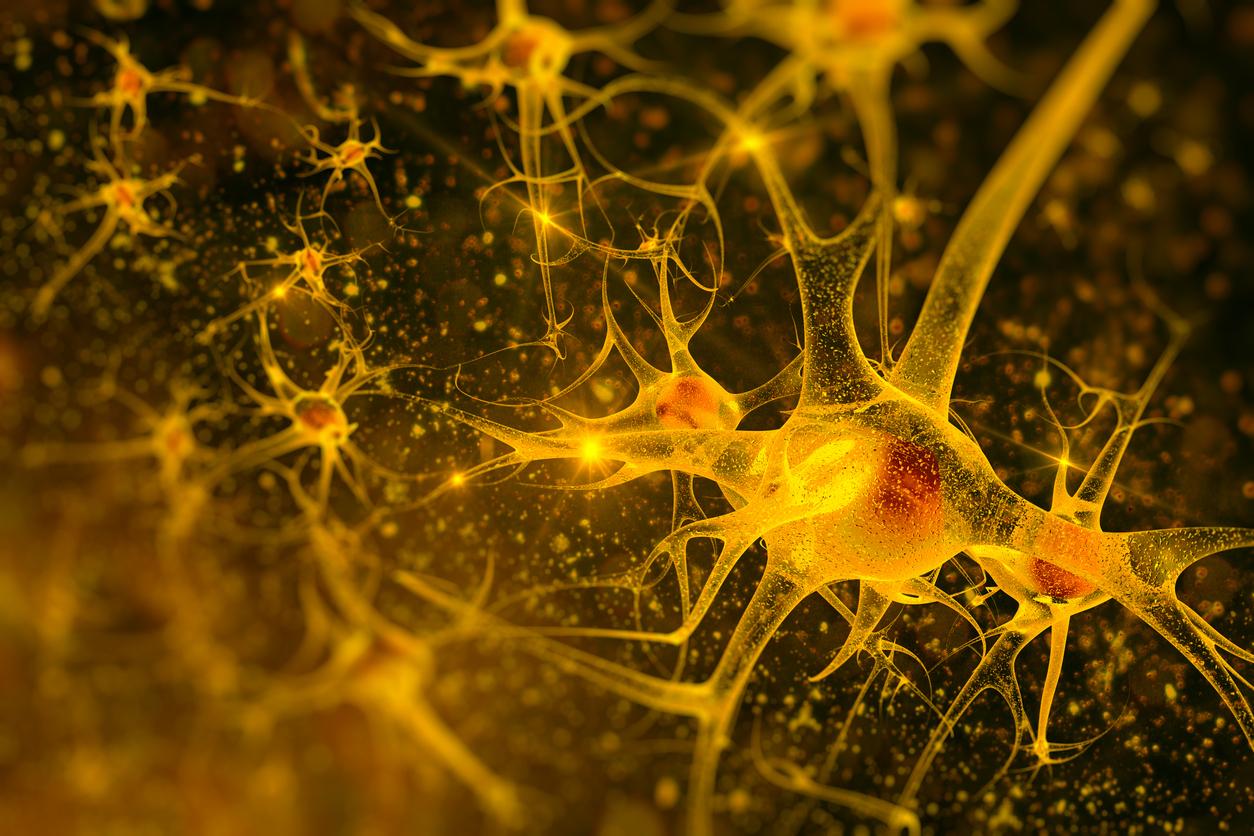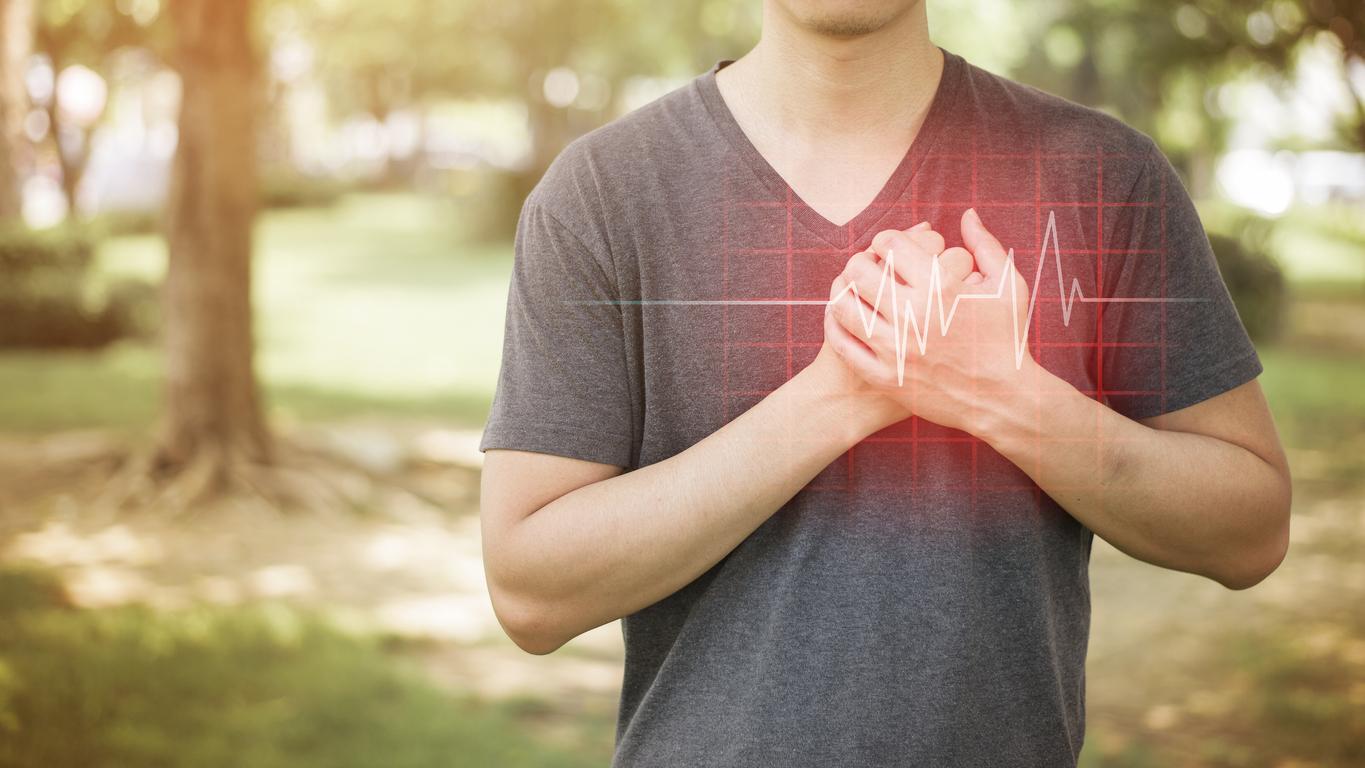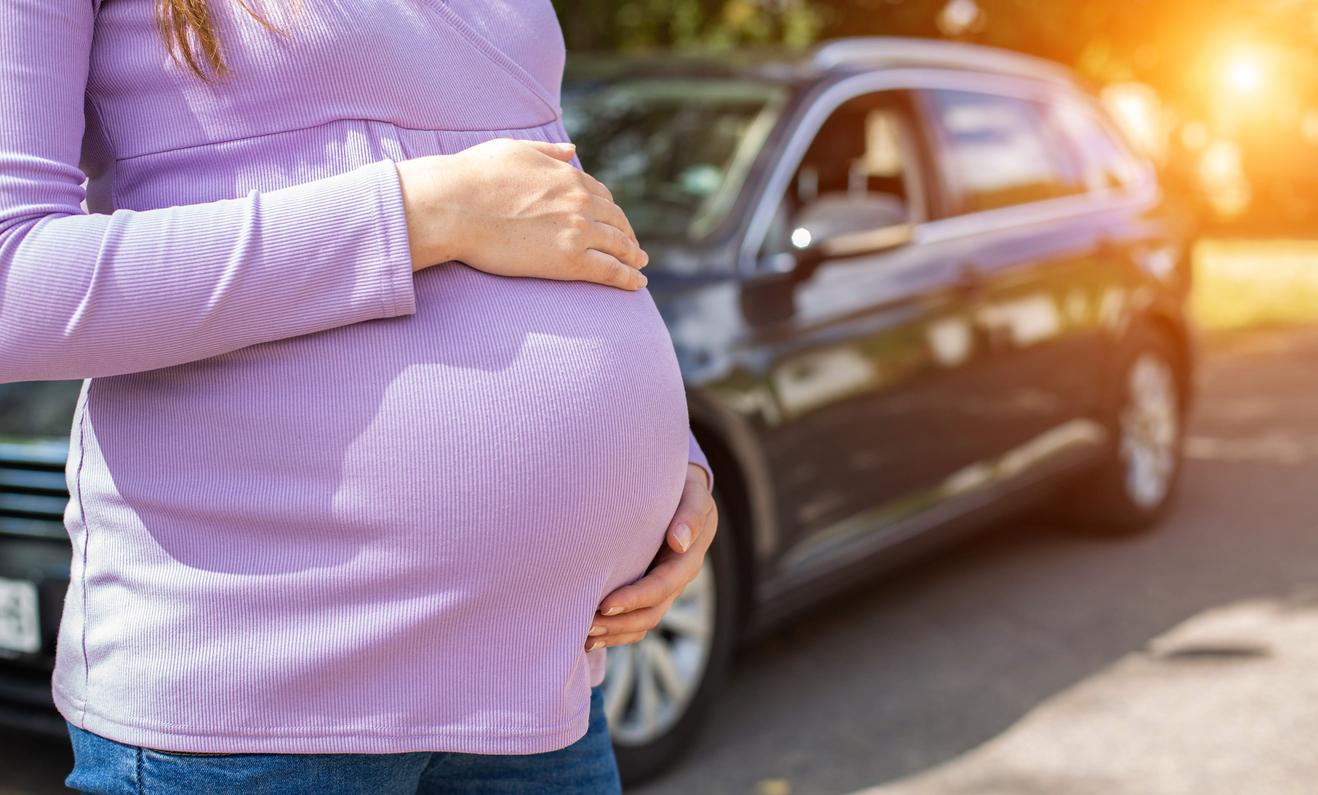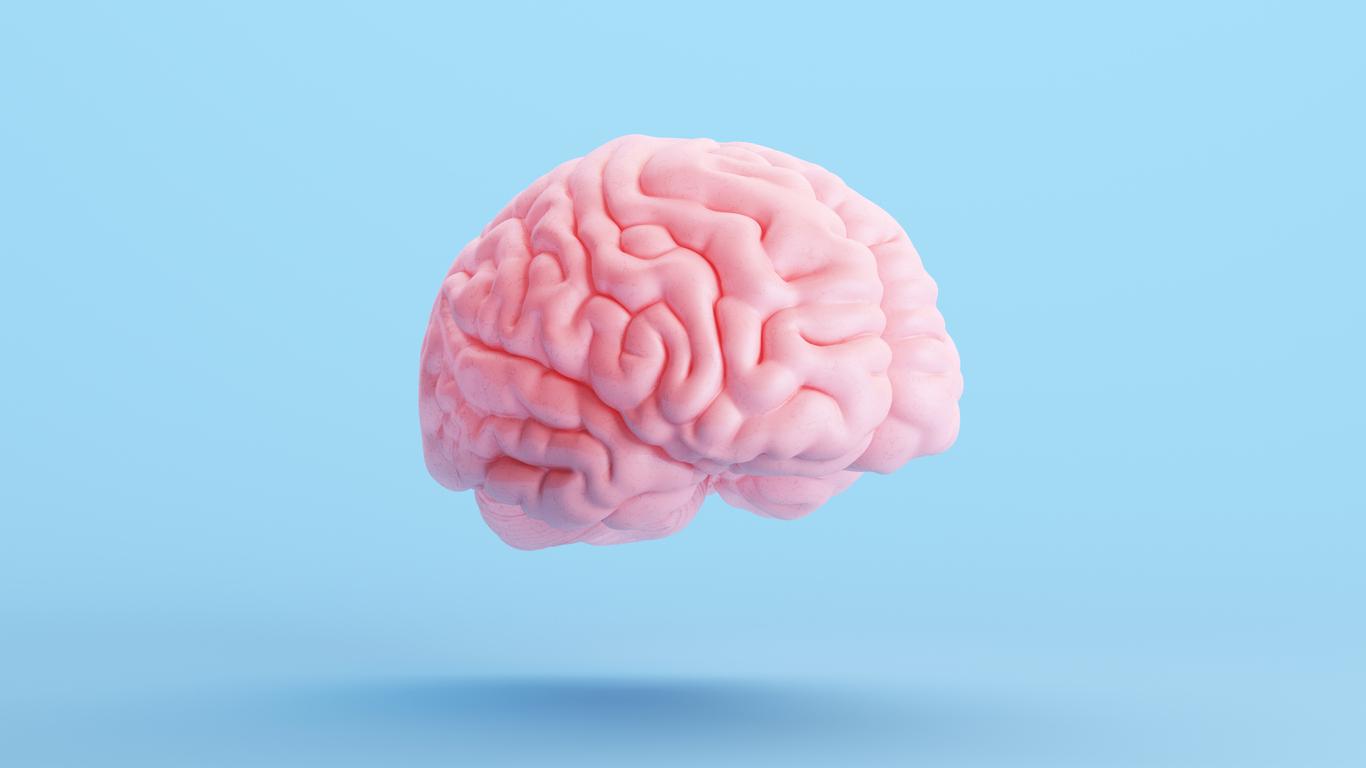According to the survey “#MoiJeune, confined and tomorrow?” of Opinion Way commissioned by Heyme and 20 minutes, four out of ten young adults believed during confinement that post-confinement society would be less united. The reasons for this pessimism.
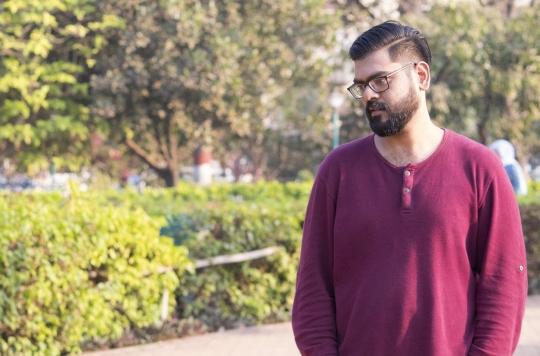
- Young people do not see a better world emerging after the health crisis, poll shows
- They fear more inequality
- Their priority is the preservation of the environment
If the deconfinement could be a moral lifeline for some French people, a fringe of the population seems pessimistic about the sequence of events. This people? Young adults according to the barometer “#MeYoung, confined and tomorrow?” Heyme – 20 minutes – OpinionWay. This survey was conducted between April 30 and May 4 among 549 people aged 18 to 30 and representative according to the quota method. The opinion institute reminds that the figures of this study must be read with a margin of uncertainty between 1.8 and 4.1 points at least.
The first lesson of this survey is that the morale of young adults has deteriorated despite the announcement of deconfinement. They were 45% to declare that their state of health has deteriorated for a week against 38% the previous week. A loosening of morale which joins that of the first barometer dating from April 6, when this figure had generally improved.
“Worse than before”
A state of mind which does not seem directly linked to the fear engendered by the virus since the degree of concern of 18-30 year olds of contracting the disease for themselves and their loved ones decreases over the confined weeks. If on a personal level, the majority of respondents believe that their situation will be the same as before Covid, nearly 30% of them think that it will improve against 16% of pessimists. An optimism showered by their perception of the post-Covid period on French society. According to this survey, they are 44% to consider a situation “worse” than before the crisis, almost as many (41%) as those who think there will be no change and only 14% who predict an improvement.
To understand this ambient pessimism despite the multiple acts of solidarity, young adults have a vision of the future well-defined balance of power. 8 out of 10 predict more “distrust of institutions“, 7 out of 10 that there will be”more order than freedom“, “more social inequalities than equity“, “more economic rules than less“, “a gradual forgetting of the ‘invisible’“- Editor’s note: trades essential to the functioning of the country but poorly paid as garbage collectors or supermarket cashiers – and “a priority of the economy over people“.
“In times of crisis, we observe a tendency to withdraw into ourselves, since we can rely less on society to ensure our well-being.assures Eléonore Quarré, director of studies at OpinionWay, in charge of this survey in the pages of 20 minutes. And this, at the risk of no longer taking into account the most vulnerable populations. Everything that was notable and beautiful during this crisis will be forgotten.“
Environment, priority for young adults
When the barometer asks these 18-30 year olds what the government’s priorities should be for the coming months after Covid, three measures stand out clearly among the proposals submitted. Almost equally, their priority is to “maintain environmental objectives” (56%), “increase the salaries of health professionals” (55%) and “relocate the production of essential products in France“(53%). Far Ahead”financially support French companies” (40%), “strengthen solidarity with the most vulnerable, the most deprived” (32%), “adjust school pathways to prevent pupils and students from being penalized following the confinement period” (20%), “invest more in medical research” (17%) or “adjust the Labor law to increase productivity (removal of 35H, reduction in the number of RTT,…)” (5%).
As for their wishes for tomorrow’s society, almost 1 in 2 would like French society to give priority to “environmental protection even if it means being less efficient from an economic point of view“. Far ahead of the proposed measures of economic sovereignty (20%), health for all (19%), full employment (7%) or security (4%).
“This generation is hypersensitive to environmental issuesexplains Eléonore Quarré. Young people are aware that the health of all citizens is actually the end of the chain. The Covid-19 epidemic is certainly a crisis, but they are aware that doing nothing for the environment is a disaster, with effects even greater than those of Covid-19.“
.







